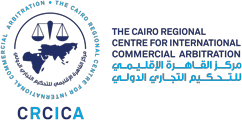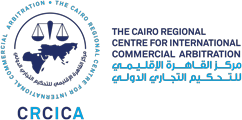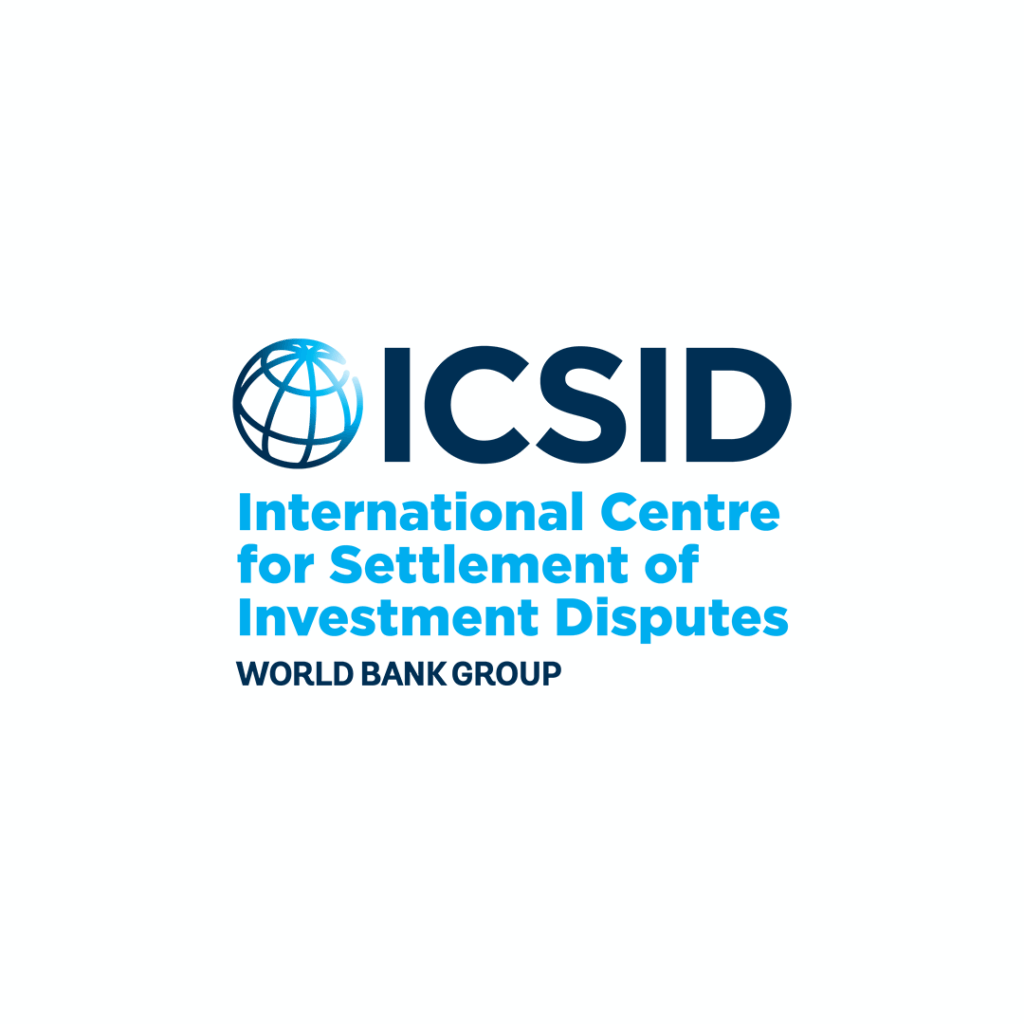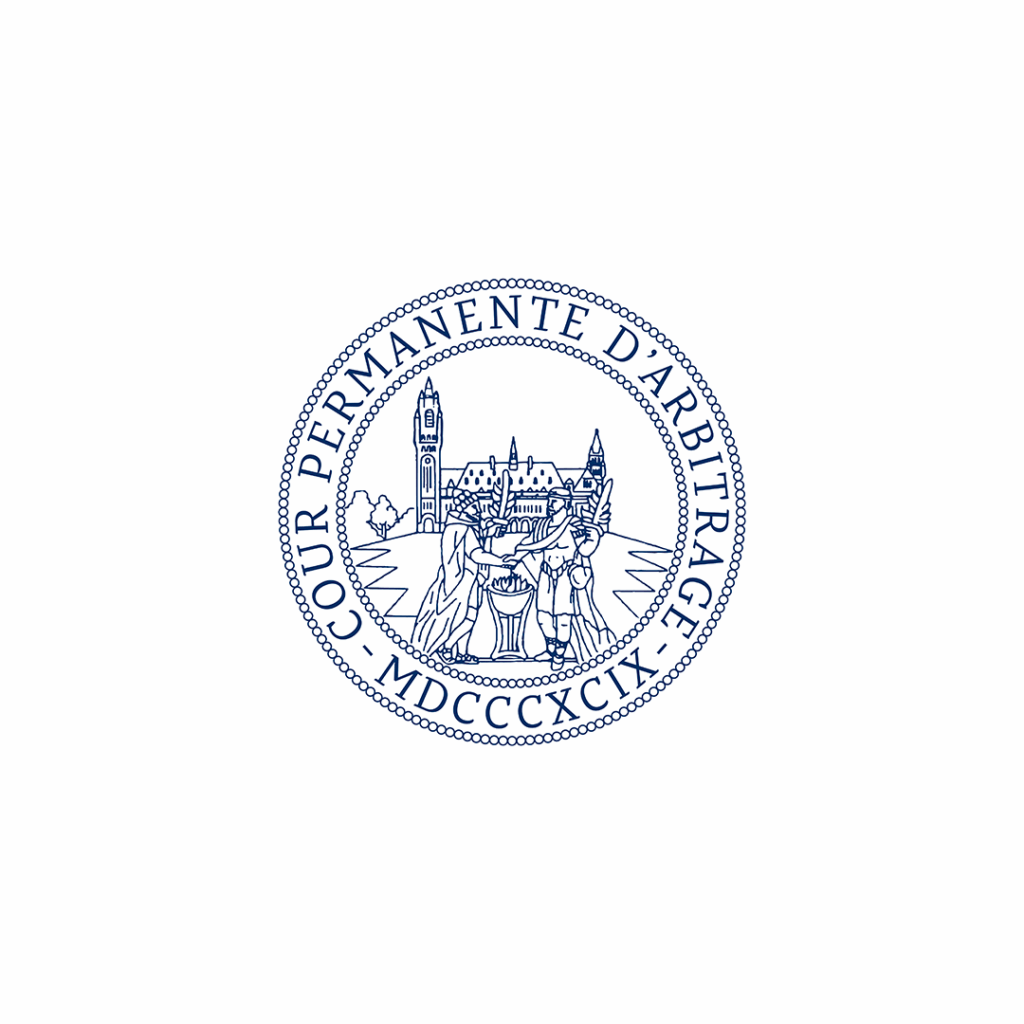Contractual and Conventional Tools for the Protection of Foreign Investors and State’s Regulatory Power
- Wednesday, 28 May 2025
- starting 04:00 PM
- CRCICA Premises, 1 Al‑Saleh Ayoub St. Zamalek Cairo, Egypt
- English/Arabic simultaneous interpretation
Our Sponsors
Introduction
The international contractual commercial and investment relation is witnessing a considerable evolution reflecting the search for a balance between the parties involved.
On the one hand, international investment agreements are designed to protect only the investment against the action of the host State. These instruments are now enriched by treaty provisions reaffirming the right of the State to regulate for general interest and in areas such as health, the environment and human rights, regulation likely to have an impact on the rights of the investor and considered however not to be in violation of the international investment agreement.
On the other hand, recommendations for the investor, relating to environmental, societal and governance requirements.
This new approach, which allows for a better balance between the parties, is also accompanied by the search for greater security for private investors in the face of the State’s exercise of its regulatory powers.
The aim of this conference is to examine in detail the issues relating to the substance, procedure, and enforcement of the award rendered by an arbitral tribunal, in an approach that will enable us to understand security tools at the level of international commercial contracts and investment contracts.
Agenda Format & Structure
Arrival to CRCICA and Registration
- Dr. Ismail Selim, Director of CRCICA - H.E. Coun. Mahmoud Fawzi, Minister of Parliamentary and Legal Affairs and Political Communication - Counselor Abdel Razak Shoaib, President of the Egyptian State Lawsuits Authority - Mr. Gonzalo Flores, Deputy Secretary-General ICSID - Ms. Ashwita Ambast, Senior Legal Counsel at the PCA - Dr. Pascale Accaoui Lorfing, Associate Researcher at CREDIMI – Univ. Burgundy, & Affiliated Professor at ESCP Business School – Paris |
Moderator: Counselor Amr Arafa, (MIDS) LL.M., Egyptian State Lawsuits Authority (ESLA)
Speakers:
Dr. Pascale Accaoui Lorfing, Associate Researcher at CREDIMI – Univ. Burgundy, & Affiliated Professor at ESCP Business School – Paris
Ms. Yulia Levashova, Associate Professor at Nyenrode Business University and Director of Dispute Prevention at the Asia Pacific FDI Network, who will focus on conventional tools for the protection of foreign investors
Networking Coffee Break
Moderator: Dr. Fatma Salah Riad, professor of law at the School of Law, Cairo University Managing Partner of Riad & Riad Law Firm (Confirmed)
Speakers:
Counselor Fatma Khalifa, Foreign Disputes Department, Egypt State Lawsuit Authority
Judge Mohammed Khalil, Member of the General Department for Arbitration and International Disputes at the Egyptian Ministry of Justice
Ms. Fatma Ibrahim, Mediation Advisor & Consultant
Moderator: Dr. Mohamed Abdelraouf, Partner and Head of the International Arbitration Group at ABDEL RAOUF LAW FIRM
Speakers:
Dr. Ahmed Weshahi, Senior Partner, ALC-Alieldean Weshahi & Partners
Counselor Mahmoud El- Kharashy,Vice President of the International Arbitration & Foreign Disputes Department
Egyptian State Lawsuits Authority (“ESLA”)
Closing Remarks
Registration Fees
- USD 75$ for Non-Egyptians
- 1500 EGP for Egyptians
- 500 EGP for Judges / Academics who do not practice law / Members of Ciarb / Students
Registration
Registration Closed
Sponsorship & Partnership Opportunities
We invite law firms, financial institutions, arbitral institutions, and other stakeholders to support the conference through sponsorship and partnership opportunities with the following benefits:
1. Premier Branding Opportunities:
- Logo Placement: Prominent display of your logo on conference material, digital screens. CRCICA’s official website and social media platforms, reaching a global audience of legal, financial, and regulatory professionals.
- Email Campaigns: Inclusion in pre- and post-conference email communications to thousands of subscribers.
- Recognition: Acknowledgment during the opening and closing speeches, highlighting sponsor organization’s contribution to the event.
2. Engagement and Networking:
- Complimentary Passes:
– Two (2) free attendance passes to sponsor representatives, and
– Two (2) discounted registrations (50% off) for additional team members or clients.
3. Event Publications and Legacy Materials:
- Conference Program: Logo inclusion in the official digital conference program.
- Post-Event Report: Featured mention in the post-event report, which will be shared with attendees, stakeholders, and global arbitration communities.
- Photography and Media Coverage: Recognition in event photography and media coverage, ensuring long-term visibility.
The sponsorship amount is set at $1,500 USD, offering exceptional value for the comprehensive visibility and engagement opportunities provided. This investment reflects the significance of the event while ensuring fairness and collaboration among all sponsors.
Sponsoring the “Contractual and Conventional Tools for the Protection of Foreign Investors and State’s Regulatory Power” Conference offers a unique opportunity to enhance your brand visibility, showcase expertise, and expand professional networks. Your organization will gain exposure to a global audience of legal, financial, and regulatory professionals, positioning itself as a thought leader in arbitration and capital markets.
Beyond visibility, sponsorship facilitates direct engagement with key decision-makers, arbitrators, and industry leaders, fostering valuable partnerships and business opportunities. Your support will also contribute to advancing arbitration practices in the financial sector and shaping the future of dispute resolution in global markets.
This is an opportunity to align your brand with a high-profile event that drives meaningful dialogue and promotes best practices. We look forward to your sponsorship and to making this conference a success together.









